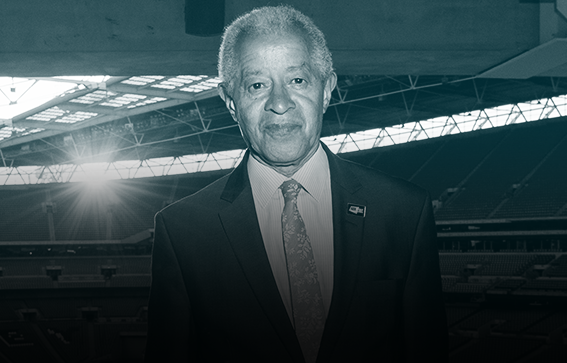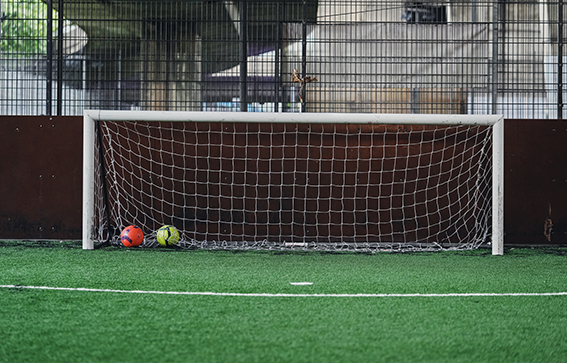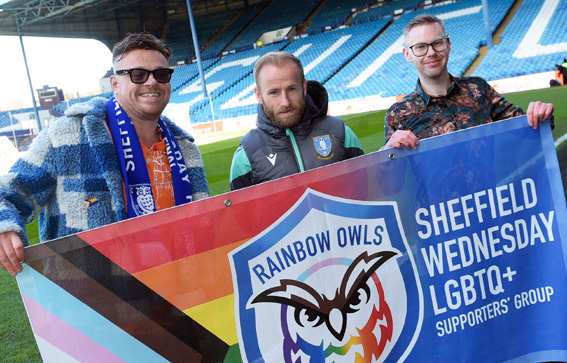Built on in-depth interviews and group discussions with sports stars and pundits, the report exposes the emotional, professional and physical toll that online abuse is taking on people working in and around the game.
Participants shared disturbing experiences: being too afraid to leave their homes, receiving direct threats, and turning down career opportunities out of fear of the abuse they might attract.
One person said, “I was too scared to go outside my home.” Another described abuse extending beyond themselves to their family: “People started messaging my family as well, so it stopped being just about me.”
Others recounted the impact on their professional lives: “I have actually turned down roles because I knew the abuse that would come with them.”
These accounts reflect what Kick It Out is hearing regularly. Online abuse in football is becoming normalised - and it can be relentless. And it doesn’t stay online. It follows people home, impacts their mental health, and isolates them from their communities and families.
Reports of online abuse to Kick It Out more than doubled last season. And this season we have seen several high-profile cases, from players like Khadija ‘Bunny’ Shaw and Joe Willock to those behind the scenes, such as club physios and family members of players.
The report identifies key factors that worsen the impact of online hate, including its volume, where it comes from, how public it is, and how difficult it is to control. Many contributors described current platform tools as confusing, ineffective or inaccessible.
Others felt powerless to stop the abuse, especially when it came from large or verified accounts that emboldened further pile-ons.
While the Online Safety Act is a major milestone, the report makes clear that legislation alone won’t fix the problem. Effective enforcement is now critical, and Ofcom has a key role to play in holding platforms accountable.
Kick It Out is also calling for urgent action from tech companies to provide users with real, practical tools to take control of their online experiences.
“The impact of online abuse is undeniable, and the rise in discriminatory social media reports to Kick It Out last season shows it’s getting worse,” said Kick It Out Chair Sanjay Bhandari.
“This isn’t about a few hateful comments. It’s about a culture of abuse that’s become normalised. It’s about a social media ecosystem that too often enables and amplifies hate. And it’s about victims who feel imprisoned by that culture.
“Social media companies can introduce meaningful user controls now, tools that give people real choice over what they see and experience online. If they don’t, Ofcom must hold them to account through strong, consistent enforcement.”


